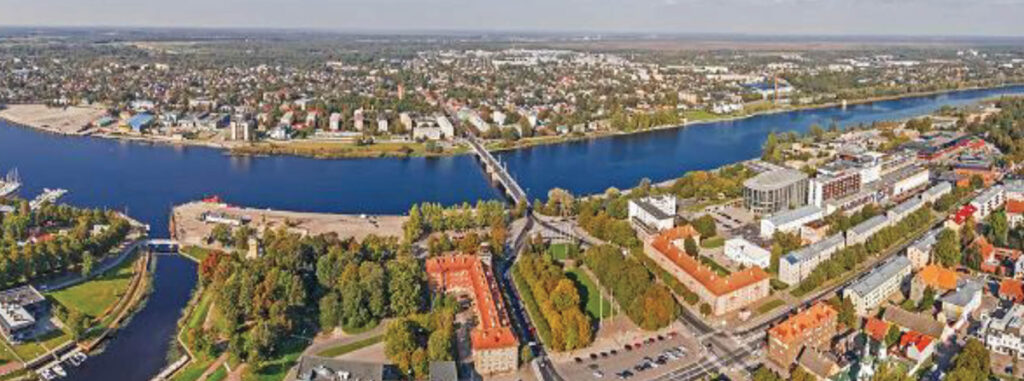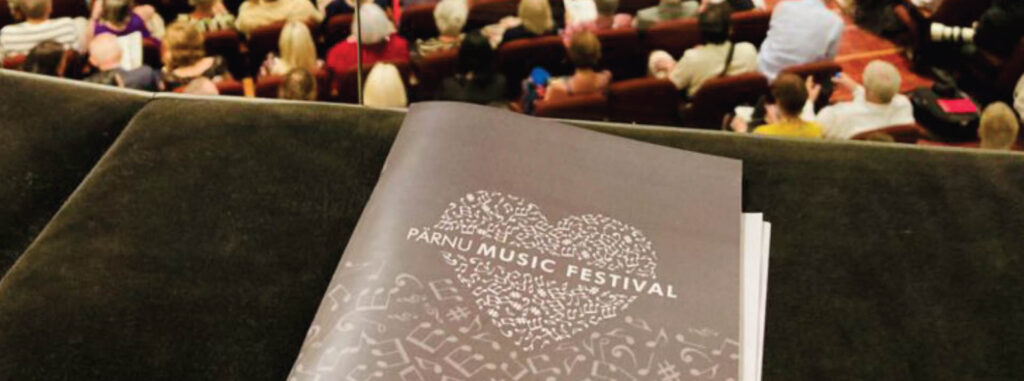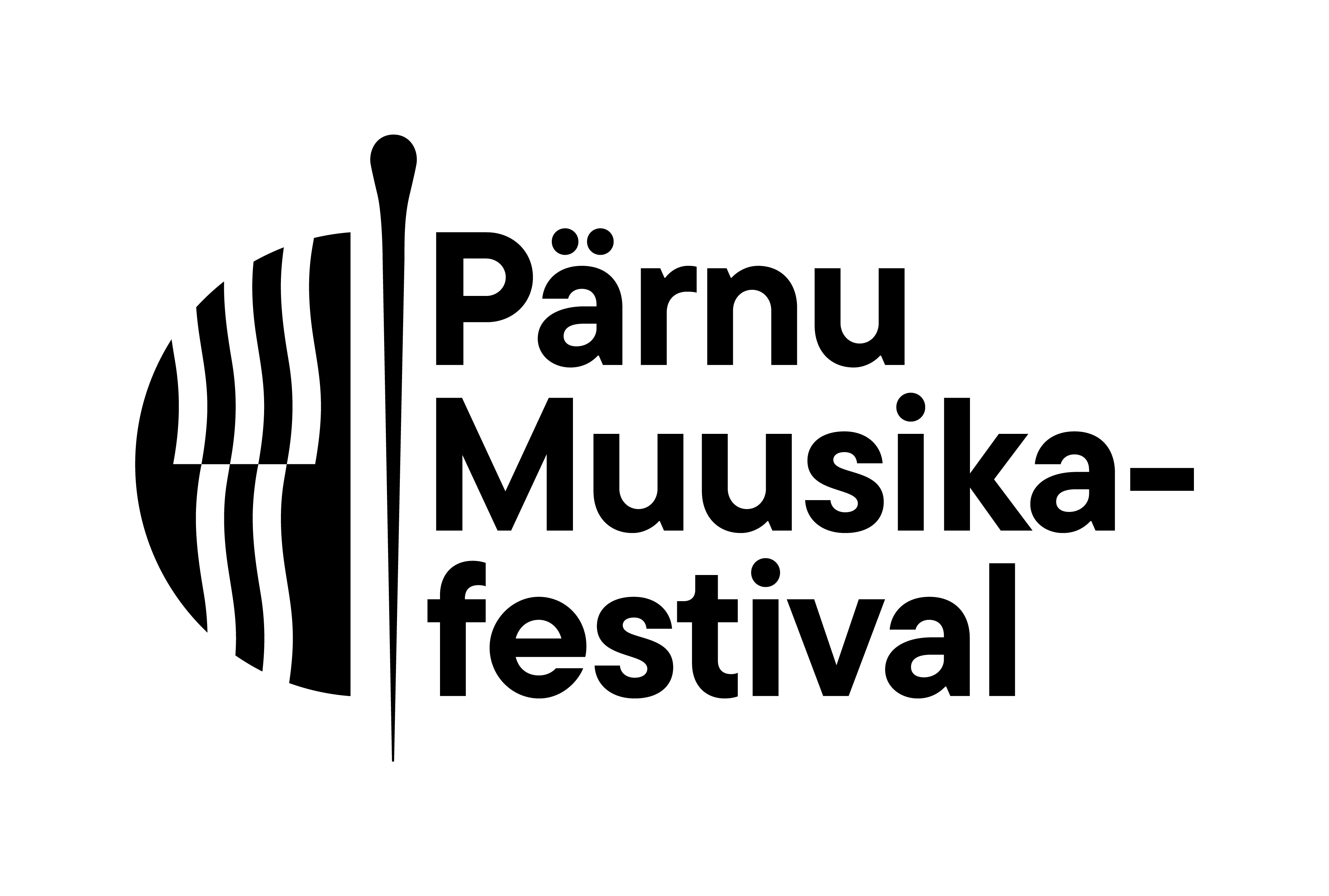History of the Pärnu Music Festival & Järvi Academy
“My grandmother lived in Pärnu, and as a child we came here every year for our summer holidays. My happiest memories are of growing up here.
I remember wandering around the beaches, the river, the forests, without a care in the world.
When I think of the best times of my life, I always think of this place.”
Paavo Järvi
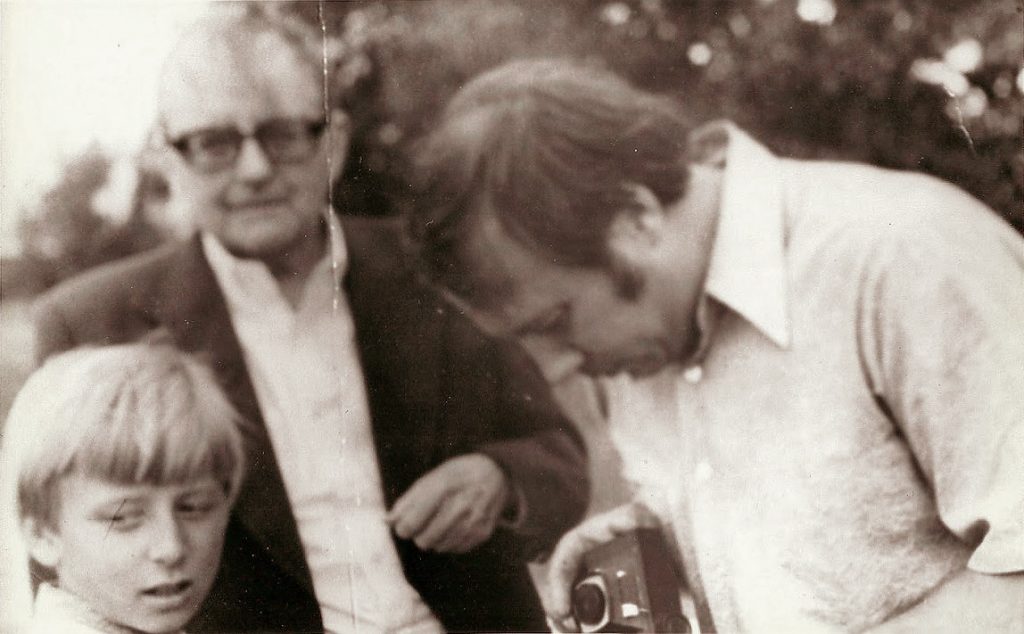
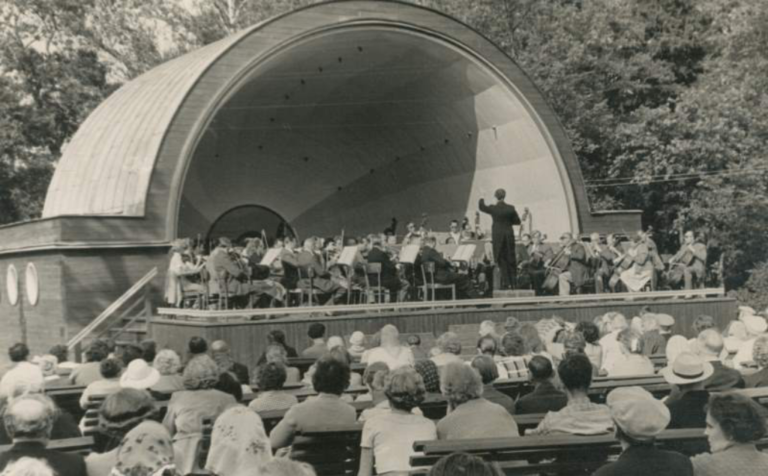

For generations of Estonians, Pärnu is a special place, where familes return each summer and time seems to magically stand still. For many artists during the Soviet years it was also a summer refuge, a place where they could feel closer to Western culture, within the confines of the Soviet borders. It was here that Paavo Järvi met Shostakovich as a young boy in 1973, and where David Oistrakh spent his summer vacations.
After Estonian Independence Paavo Järvi and family returned to Pärnu, creating the Järvi Academy in 2009, followed by the first summer music festival in 2011. Today the Pärnu Music Festival has grown to be Estonia’s leading classical summer event, welcoming more than 300 international musicians, students and teachers each year and featuring 5 orchestras.

The Estonian Festival Orchestra
is the backbone and uniting force of the fesitval, comprising top players from around the world who perform four festival concerts led by Paavo Järvi.
The Järvi Academy Sinfonietta
brings together young, professional, Estonian musicians who provide valuable support to the Conducting Academy students as they prepare for two festival concert programmes, under the guidance of Leonid Grin, Neeme, Paavo and Kristjan Järvi.
The Järvi Academy Youth Orchestra
comprises both Estonian and international students. In addition to playing the opening night concert with Neeme Järvi, the young musicians (aged between 12 and 30) also receive individual tuition from visiting artists and music professors from leading, international conservatoires.
Nordic Pulse is the band created by Kristan Järvi, which blends classical traditions with technological possibilities and modern influences to bring a fresh and exciting perspective to the music scene.
The Pärnu City Orchestra
is the city’s very own professional ensemble, which performs in Pärnu and across Western Estonia throughout the year, under the direction of young, chief conductor, Henri Christofer Aavik.
every year Paavo Järvi invites international soloists to perform at the festival. Featured artists to date are Ivry Gitlis (2011), Hilary Hahn (2013), Steven Isserlis and Ksenija Sidorova (2014), Khatia Buniatishvili (2015), Victoria Mullova and Zee (2016), Radu Lupu and Lisa Batiashivili (2017), Midori and Elisabeth Leonskaja (2018), Truls Mørk and Ain Anger (2019), Olli Mustonen and Alena Baeva (2020), Lars Vogt, Joshua Bell and Emmanuel Pahud (2021), Joshua Bell, Stefan Dohr and Wayne Marshall (2022), Pinchas Zukerman, Amanda Forsyth, François Leleux and Fazil Say (2023), Ksenija Sidorova, Alisa Weilerstein and Kirill Gerstein (2024).
A key part of the festival is a focus on Estonian music, championing the country’s composers, with regular commissions and premieres of new works by composers including Erkki-Sven Tüür, Jüri Reinvere, Tõnu Kõrvits, Ülo Krigul and Tauno Aints. In 2024 Paavo Järvi created an additional initiaitve – to commission two new works each year from Estonia’s female composers, launching with premieres by Helena Tulva and Maria Kõrvits.
The Järvi Academy has also been a core part of the festival from its conception and nurturing the next generation, a Järvi family mission. Today the Järvi Conducting Academy is established as one of the world’s leading conducting courses, in which 16 participants (from c.150 applicants) are annually selected to study and perform under the guidance of Paavo, Neeme and Kristjan Järvi and Leonid Grin. The Instrumental Academy began as part of a wider mission to support young Estonian talent and has grown to include international students, with as many as 140 musicians each year. All students benefit from individual lessons and lectures from visiting artists and a faculty of leading teachers from top music conservatoires from around Europe.
Festival concerts take place in various locations throughout the city including the church of St Elizabeth – founded in 1741 when the Russian empress donated 8000 roubles for its construction. Children’s concerts take place in the historic, Jugendstil Villa Ammende, and the main festival events take place in the elegant 900 seater concert hall, built in 2002 and widely regarded as having one of Estonia’s best acoustics.
For Paavo, the Pärnu Festival is not just another festival. Having emigrated with his family aged 18 to the States, it is the chance to return to his roots, to showcase the culture and beauty of his country and nurture the next generation of musicians.
